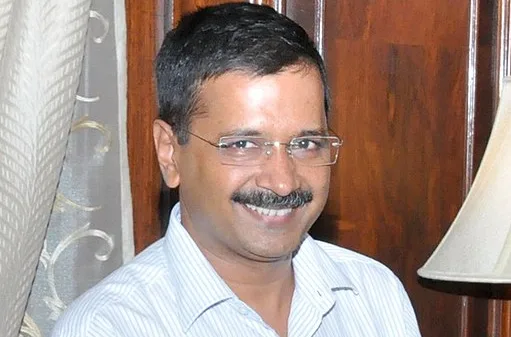Arvind Kejriwal’s custody extended amid political tensions in India
In a significant development that has captured national attention, Delhi Chief Minister Arvind Kejriwal remains in custody as a court has extended his detention until Monday over corruption allegations linked to a controversial alcohol sales policy. The move comes amid escalating political tensions and accusations of a targeted crackdown on opposition parties by the ruling government, particularly with general elections on the horizon.
Arvind Kejriwal, a prominent figure in Indian politics and leader of the Aam Aadmi Party (AAP), was arrested last week on charges of corruption, which he fervently denies. The allegations revolve around a now-defunct policy concerning the sale of alcohol in the capital, a policy that Kejriwal insists was above board. Despite his protestations and claims of a political conspiracy aimed at undermining his party, the judiciary has decided to keep him under arrest.
Embed from Getty ImagesThe extension of Kejriwal’s custody was announced shortly after the United States, echoing concerns from several quarters, called for a fair and transparent legal process in handling the case. This international interest has added another layer to the controversy, with India defending its legal processes and dismissing foreign comments as unwarranted.
The AAP has rallied around its leader, accusing Prime Minister Narendra Modi’s Bharatiya Janata Party (BJP) of engaging in a political vendetta. The BJP, however, refutes these claims, asserting its stance against corruption as the basis for its actions. This back-and-forth has only intensified the standoff between the ruling party and the opposition, with more than twenty opposition parties planning a protest rally to voice their support for Kejriwal and condemn what they see as political manipulation.
The allegations at the heart of Kejriwal’s arrest pertain to the scrapped alcohol policy, which supposedly benefited private retailers at the expense of the government’s monopoly. The Enforcement Directorate, India’s financial crime investigating agency, has accused the AAP of receiving kickbacks from the policy, allegations the party denies.
This incident is not isolated, as it follows the arrest of other AAP leaders and actions against other opposition parties, signaling a broader trend of political strife. The timing and nature of these actions have led to accusations against the BJP of using government agencies to suppress dissent and weaken opposition ahead of crucial elections.
Internationally, the case has drawn comments from not only the US but also Germany, with both calling for a fair trial for Kejriwal. India’s strong response to these international comments highlights the delicate balance between domestic legal proceedings and international perceptions of democracy and rule of law.
As Arvind Kejriwal’s case continues to unfold, it serves as a focal point for debates on political freedom, the integrity of the legal system, and the role of opposition in a democratic society. With general elections looming, the outcome of this case could have far-reaching implications for Indian politics.
